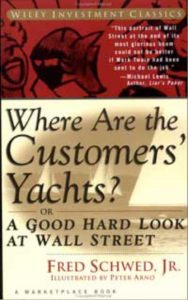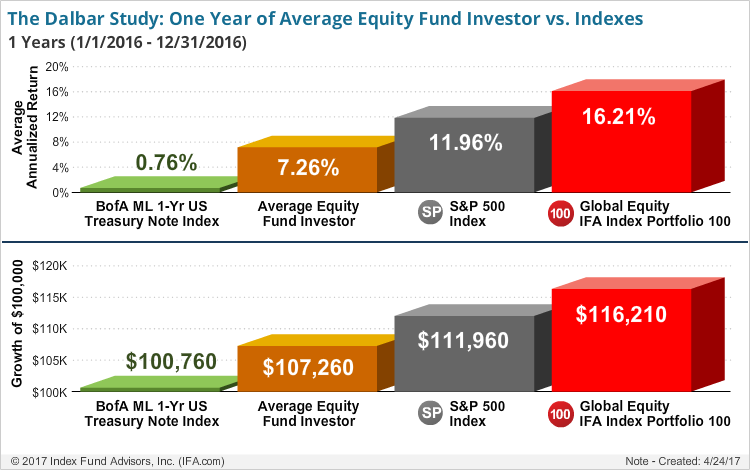
Nikola Tesla's prediction of today's technologies, back in 1926.


 The markets have a clearly defined Zero-value. This has several important implications. First, traders often discount the possibility of something becoming absolutely worthless (i.e. going to zero), so the more the price goes down, the greater the traders’ tendency is to believe that it has a higher probability of going up again; therefore the temptation to catch the bottom and go long becomes compelling (despite its irrationality). Traders must realize that how they are hardwired to think as people is not necessarily the way they should think as a trader. There is a reason why 90% of people who attempt to make a living as a trader end up failing and it is not because of intelligence, information, technology or effort. In a nutshell, I believe failure in trading is because of a lack of self-awareness. The solution is to compartmentalize your thinking. When you are interacting in society or at home, let yourself think like a person; but when you sit down to trade, you need to think objectively by evaluating risk/reward as a trader should.
The markets have a clearly defined Zero-value. This has several important implications. First, traders often discount the possibility of something becoming absolutely worthless (i.e. going to zero), so the more the price goes down, the greater the traders’ tendency is to believe that it has a higher probability of going up again; therefore the temptation to catch the bottom and go long becomes compelling (despite its irrationality). Traders must realize that how they are hardwired to think as people is not necessarily the way they should think as a trader. There is a reason why 90% of people who attempt to make a living as a trader end up failing and it is not because of intelligence, information, technology or effort. In a nutshell, I believe failure in trading is because of a lack of self-awareness. The solution is to compartmentalize your thinking. When you are interacting in society or at home, let yourself think like a person; but when you sit down to trade, you need to think objectively by evaluating risk/reward as a trader should.
 Markets can be very violent on the downside. The old saying — Markets ride the escalator to the top and the elevator to the bottom — is still quite relevant.
Markets can be very violent on the downside. The old saying — Markets ride the escalator to the top and the elevator to the bottom — is still quite relevant.
The past week or so has been a rocky one to say the least. This is the time to review the lessons learned from the past. The alternative of listening to hysterical nonsense from forecasters will only lead you to heaps of trouble.
Where the Customers’ Yachts? is a timeless relic which should be read by anyone who professes the slightest interest in finance. Though written after the infamous 1929 crash, its contents are completely applicable in 2016. In the words of Mike Bloomberg in his review of this classic tale, “The more things change, the more they remain the same. Only the names have been changed to protect the innocent.”
Here are ten quotes that can serve as a force field to ward of investment charlatans. Ignore these quotes at your own peril:


Overtrading
No edge
Random
Emotional
Big ego
No Homework
Fight trends
Big losses
Watching BLUE CHANNELS :From Morning Till Late Night
Reading Balance Sheets/Fundamentals/Growth Numbers of Economy

 “At the end of each trading day (week) you shouldn’t focus solely on your P/L. Instead, focus on your thought process during the day and how well you executed your plan. If you consistently execute your trades according to plan and still lose money, then you need to reevaluate your approach. While there is definitely a cyclical rhythm to the market, no strategy will always work. You need to constantly and objectively review what is working and what is not so you can make necessary adjustments to you plan.”
“At the end of each trading day (week) you shouldn’t focus solely on your P/L. Instead, focus on your thought process during the day and how well you executed your plan. If you consistently execute your trades according to plan and still lose money, then you need to reevaluate your approach. While there is definitely a cyclical rhythm to the market, no strategy will always work. You need to constantly and objectively review what is working and what is not so you can make necessary adjustments to you plan.”
 I read a great book on trading psychology, called MindTraps by Roland Barach. MindTraps focuses on how the average person tends to think, compared to how we need to think to make money over time in the markets.
I read a great book on trading psychology, called MindTraps by Roland Barach. MindTraps focuses on how the average person tends to think, compared to how we need to think to make money over time in the markets.
Here’s a summary of points that can benefit you as a trader:
